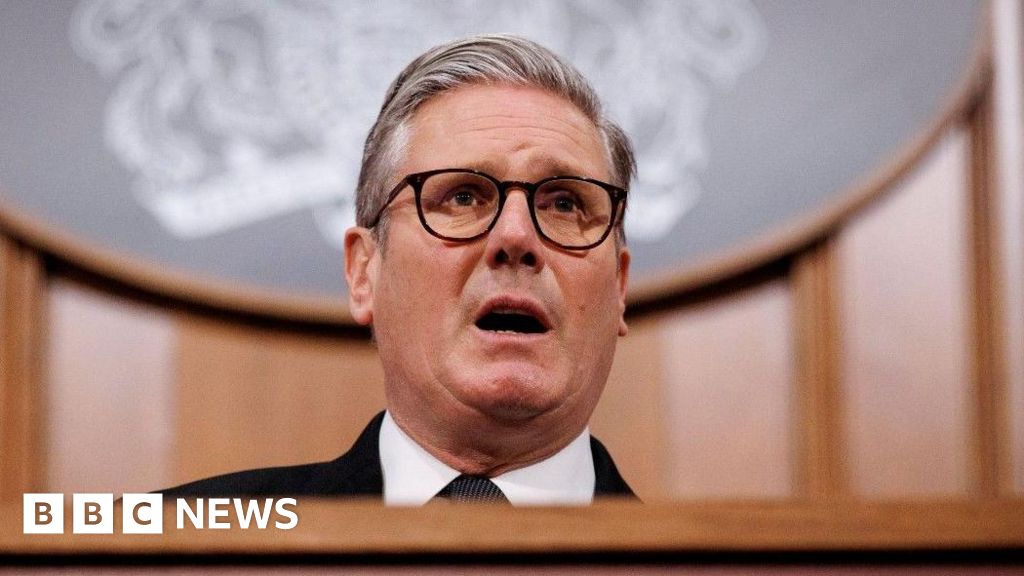It’s not surprising that immigration is such a politically contentious issue when we consider two key factors.
Firstly, as previously noted, the data indicates that it is the most significant social and demographic shift the UK has experienced in the 21st century.
Secondly, it highlights one of the most glaring political shortcomings, particularly when contrasting statements with actual outcomes.
Two decades ago, projections by Sir Tony Blair’s government suggested that permitting unlimited migration from central and eastern Europe would attract a modest influx; instead, the numbers were substantial.
Throughout the 2010s, the Conservative Party consistently vowed to reduce net migration to tens of thousands annually, yet they repeatedly failed to deliver.
Post-Brexit, immigration numbers surged, marking the first time in a generation that UK governments held complete control over immigration policy.
Most individuals overlook the majority of political discussions, but some issues resonate so powerfully that they significantly influence the political landscape.
Debates surrounding immigration are among those issues, and my observations illustrate why.
This historical context informs the current Prime Minister’s commitments.
The persistent failure in this area is something acknowledged privately by seasoned politicians of varied backgrounds; it has arguably fostered disillusionment and skepticism towards governance more than any other issue.
Sir Keir Starmer’s rhetoric appears to recognize this crucial point: here is a Labour Party leader and former human rights attorney asserting that “we risk becoming an island of strangers.”
This phrase is deemed offensive by some, particularly on the left.
Conversely, many perceive it as a reflection of a widespread concern that those in power need to acknowledge.
Labour is grappling with the numerous practical and political dilemmas surrounding immigration policy, similar to challenges faced by other governing parties.
Practically speaking, can we adequately staff care facilities or construct new homes without a foreign influx?
Interestingly, Sir Keir disputes the long-standing belief that immigration fuels or at least supports economic growth.
The rise of Reform UK adds another layer to the discussion.
Nigel Farage has long claimed that politicians have been woefully slow to recognize the significance of immigration to many citizens.
Labour is acutely aware of Farage’s ability to resonate with those who feel neglected and belittled by successive governments regarding this topic.
This awareness drives the language the Prime Minister is currently employing.
Additionally, there’s more at play here.
This week features assertive language and ambitions regarding legal migration, soon to be followed by discussions on illegal migration.
Next week, the focus will shift to a forthcoming agreement between the UK and the European Union, which is likely to include a youth mobility scheme—allowing young individuals from the UK to travel freely throughout Europe, while EU youth can arrive here.
Ministers will assert that this does not equate to freedom of movement or immigration, as visits will be strictly limited by age and duration.
Nevertheless, disagreements will certainly arise.
These factors encapsulate the immediate, medium, and long-term reasons why the Prime Minister and his team understand that their approach to achieving a consistent reduction in net migration is vital for maintaining their credibility.

